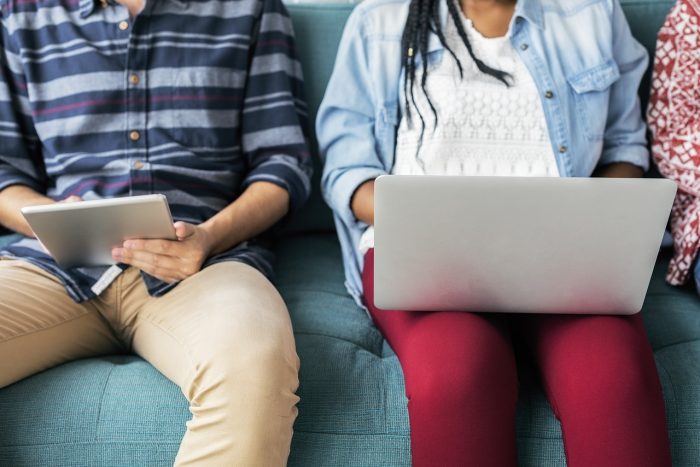
What makes news seem credible on social media? Edson C. Tandoc Jr., of Nanyang Technological University, researched the question through an experiment with 82 Singaporean university students.
The participants each read two (fake) news articles shared to them on Facebook. The articles were shared by either the prestigious Singaporean newspaper The Strait Times or personal friends of the participants (recruited in secret by the author).
The articles were also manipulated to produce different levels of “motivation”: the story contents were largely the same for all respondents, but the stories’ location varied between Singapore (high motivation) and Canada (low motivation). The author’s hypothesis was that local news will seem more credible regardless of who shares them.
The participants were asked to evaluate the credibility of both the sources and the news stories. Interestingly, friends were seen more credible as sources, but stories shared by The Times still appeared more credible than the ones shared by friends. Motivation alone had no significant effect.
A closer statistical analysis showed that motivation had a significant interaction effect on news story credibility. In a low-motivation condition (Singaporeans reading about events in Canada), stories shared by friends and The Times were deemed just as credible. However, in a high-motivation condition (Singaporeans reading about events in Singapore), The Times‘ stories appeared overwhelmingly more credible.
The result suggests that whenever a story is deemed to be of personal significance, readers will assess the source more analytically. In assessing less interesting news, readers will fall back on heuristics and rely on people they know and who they feel are similar to them.
The article “Tell Me Who Your Sources Are” was published by the journal Journalism Practice. It is available online on the publisher’s website (abstract free).
Picture: Untitled by rawpixel, licence CC0 1.0.